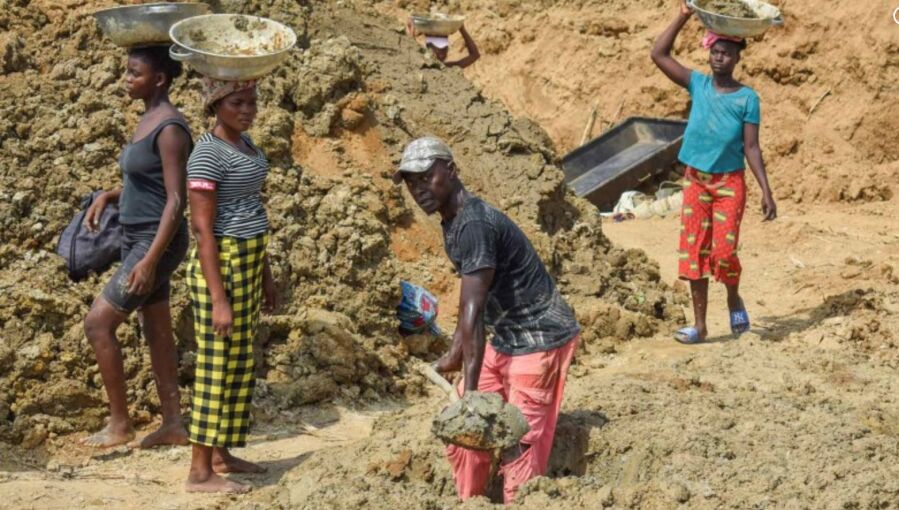
An Indian investor is seeking more than $1 billion in damages from Guinea after the government revoked the mining permit of his company, Axis Minerals.
The dispute, now before an arbitration tribunal in New York, could have far-reaching implications for foreign investment in the West African nation.
The company, owned by industrialist Pankaj Oswal and part of the Oswal Global group, had been operating bauxite mines in Boffa since 2021. It directly and indirectly employed nearly 5,000 people.
But on 14 May 2025, the Guinean authorities withdrew the permit, accusing several companies, including Axis Minerals, of failing to meet obligations such as building processing infrastructure.
Mr Oswal rejects the government’s claims.
He insists that his firm fulfilled all contractual commitments and says no formal demand was ever made to construct a local refinery or factory.
“The loss of these licenses constitutes a serious breach of contract,” he said, adding that he was stunned by the scale of the decision, which affected more than 50 permits.
After repeated attempts to resolve the dispute with authorities failed, Mr Oswal initiated arbitration in July.
He estimates that his losses exceed $1 billion, citing halted operations, stranded assets, and mass layoffs.
The abrupt suspension, he argues, left thousands of Guinean workers without jobs and sent shockwaves through the local economy.
The case highlights a wider shift in Africa’s resource policies. In Mali, the state has increased its stake in gold projects while developing a refinery to reduce exports of unprocessed ore.
Burkina Faso has transferred control of industrial sites to state-owned firms.
Niger recently reclaimed management of its largest uranium deposit from a foreign operator.
Guinea, which holds some of the world’s richest bauxite reserves, has repeatedly stated its intention to prioritise local processing rather than raw exports. Analysts say the outcome of the Axis Minerals arbitration will test the legal strength of these policies and influence the appetite of future investors.
The New York tribunal’s ruling is expected to shape both Guinea’s mining landscape and its credibility on the international stage.



